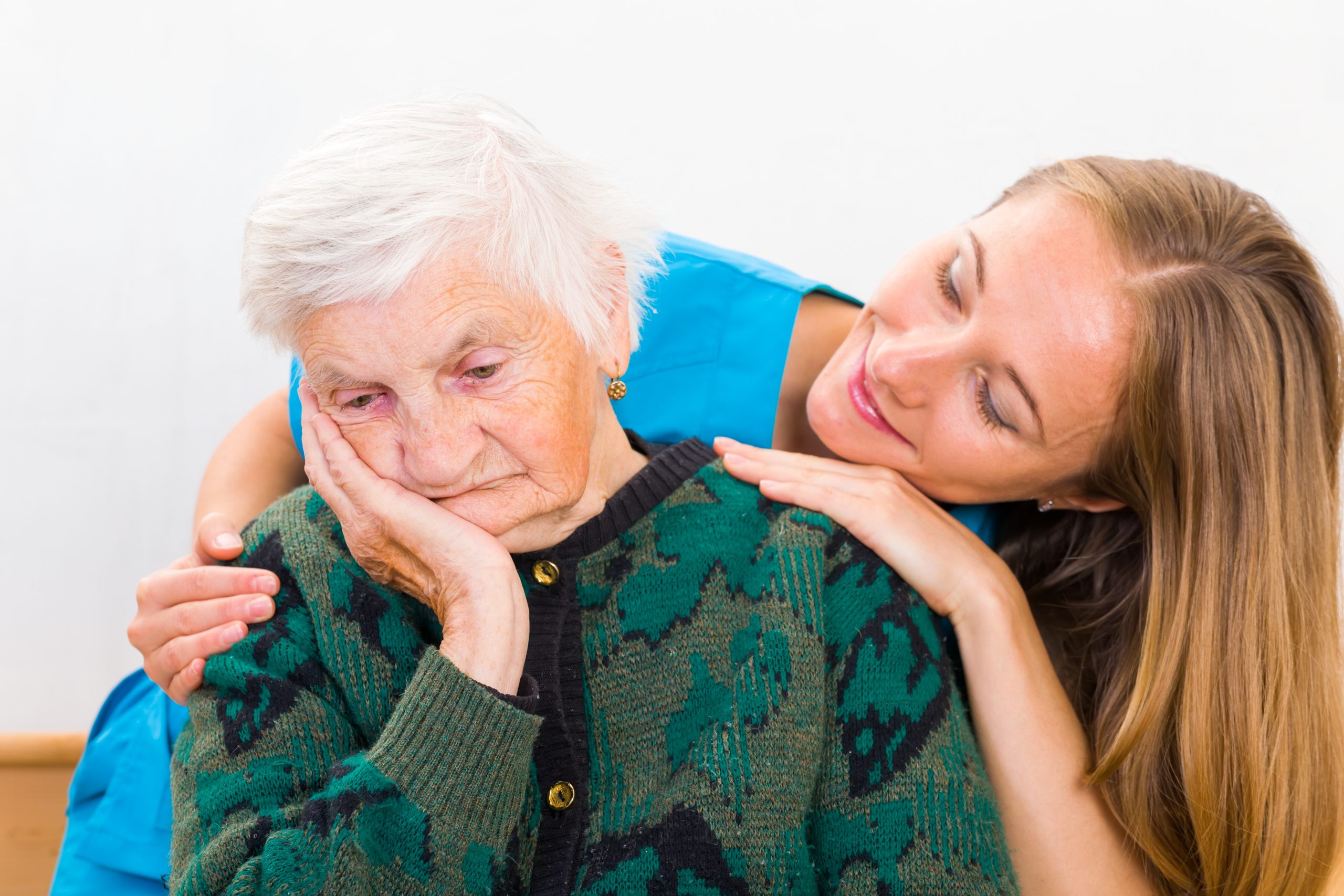When someone with dementia does not recognize you, especially if you are their caregiver and loved one, it can be worrying and distressing. Perhaps they no longer remember your name or are unable to recognize your face. While this can be devastating, unfortunately, it is a common issue faced by those who suffer from more severe stages of dementia.
There are several reasons why this can happen. For one, memory loss is the primary symptom of dementia due to cognitive decline and brain synapses being damaged. This is often accompanied by paranoia and delusions due to the aforementioned psychological damage. These irrational thoughts may surface in the form of your loved one being confused or scared by your presence. Delirium is also a concerning side effect caused by medication, as well as vision loss due to old age.
Respond Gently and with Empathy
When your loved one doesn’t seem to recognize you, aim to help minimize their worries and anxiety. Instead of arguing with them or insisting they have known you for years, try your best to change the subject to distract them. You can play their favorite song, talk about a hobby they enjoy, or encourage them to take a break.
Show Them Photo and Videos
Another way to jog their memory and reassure them is by showing your loved one old pictures of you and them together. Photos of other family and friends will also allow you to reminisce and look back on pleasant experiences together. This exercise can also help them to retain and recall more memories.
Remind Them
A simple and effective way to deal with not being recognized is by gently reminding them of who you are. Speak to them in a kind tone by saying, “We haven’t met in a while, I am your daughter Jane’.
Acknowledge and Come to Terms with the Loss
It is important to understand that dementia is a disease that often causes these effects. The elderly who live alone often suffer from loneliness and feelings of isolation, especially those with dementia. Thus, a retirement community, especially those that offer memory care services and programs, may be beneficial for your loved ones. Senior living allows your loved one to interact with fellow residents who are of the same age group. Socializing with like-minded individuals can be useful in helping combat and slow down the onset of dementia in the elderly. It has also been scientifically proven that having an active social network helps prevent depression and other mental illnesses in the elderly.
Seek Medical and Professional Help
Finally, if your loved one is also showing signs of anxiety, delusions, agitation, paranoia, and more, it may be time to seek professional help. Combativeness is sometimes an issue caregivers face, whereby their loved one is violent and difficult to manage. Once again, senior living would be helpful since the wide variety of programs and amenities tailored to help those suffering from dementia will come in handy. Better yet, most retirement communities have well-trained team members who are equipped to deal with any combative or difficult behavior.







